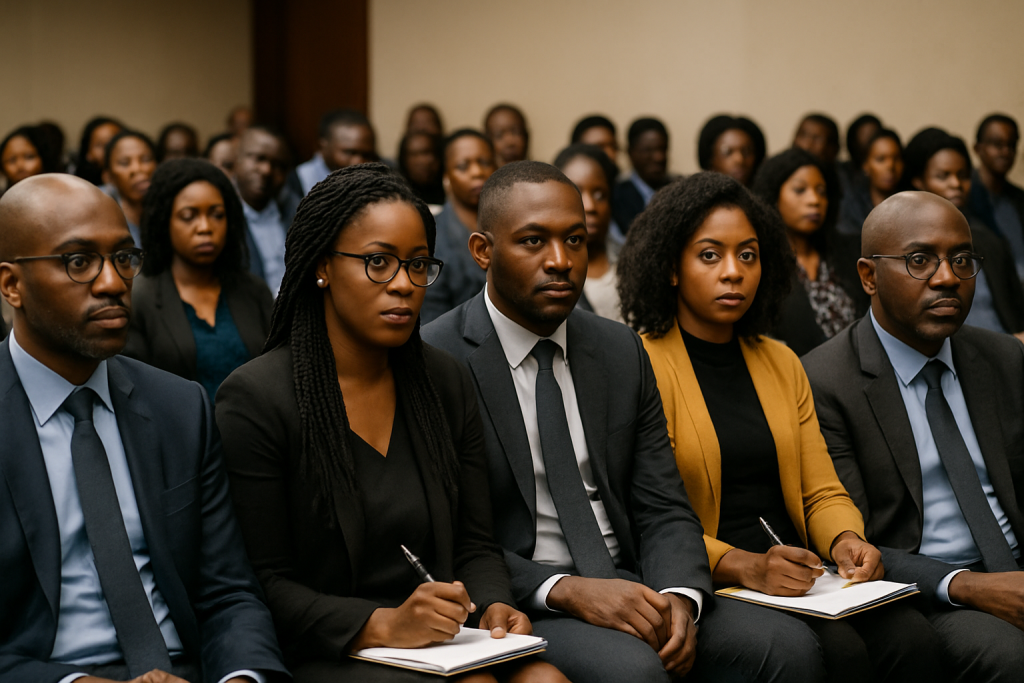Following the crisis between 1996 and 2008, many African governments began to regain stability in 2009, as noted by a World Bank survey. While these developments are encouraging, questions remain about the sustainability and effectiveness of the measures taken. For real transformation to take place, both citizens and politicians must participate in reshaping governance and ensuring accountability. This requires introspection, recognizing that responsibility begins at home, and that leaders must first commit to accountability before representing others.
Although corruption and scandals persist, the increasing influence of civil society on public institutions and decision-making processes has brought transparency and lawful governance into sharper focus. Accountability remains one of the most pressing challenges for African NGOs working to represent the continent.
 To overcome these challenges, African NGOs must collaborate, support one another, and share knowledge. By doing so, they can build solidarity and strengthen core capacities such as communication, creativity, cultural understanding, and socio-economic expertise. This exchange of ideas enables Africans in the diaspora to find practical solutions and clarify their role in shaping progress.
To overcome these challenges, African NGOs must collaborate, support one another, and share knowledge. By doing so, they can build solidarity and strengthen core capacities such as communication, creativity, cultural understanding, and socio-economic expertise. This exchange of ideas enables Africans in the diaspora to find practical solutions and clarify their role in shaping progress.
AfricanTide has created a forum where members of the diaspora can openly debate even through difficult conversations how to address criticism and strengthen their collective voice. This platform marks an important step toward building a stronger international governance system.
Key Topics of Discussion:
- The primary responsibilities that the diaspora believes should be communicated to African states.
- The role of the diaspora in tackling these responsibilities, alongside other contributing factors.
- Existing forms of cooperation, structures, and mechanisms used to engage and inform the diaspora.
- Approaches for fostering transparency and countering regressive political practices.
- Ensuring equal treatment for all Africans, regardless of gender, race, ethnicity, religion, or belief.
This dialogue highlights the critical role of the diaspora in driving accountability, solidarity, and inclusive progress for Africa’s future.

